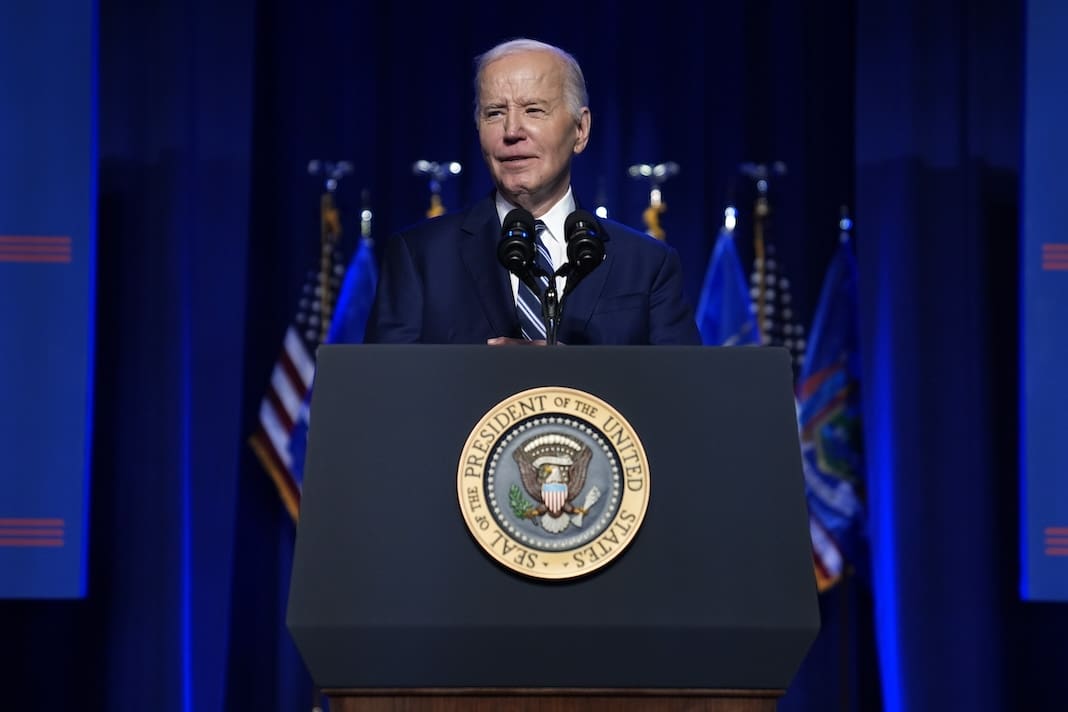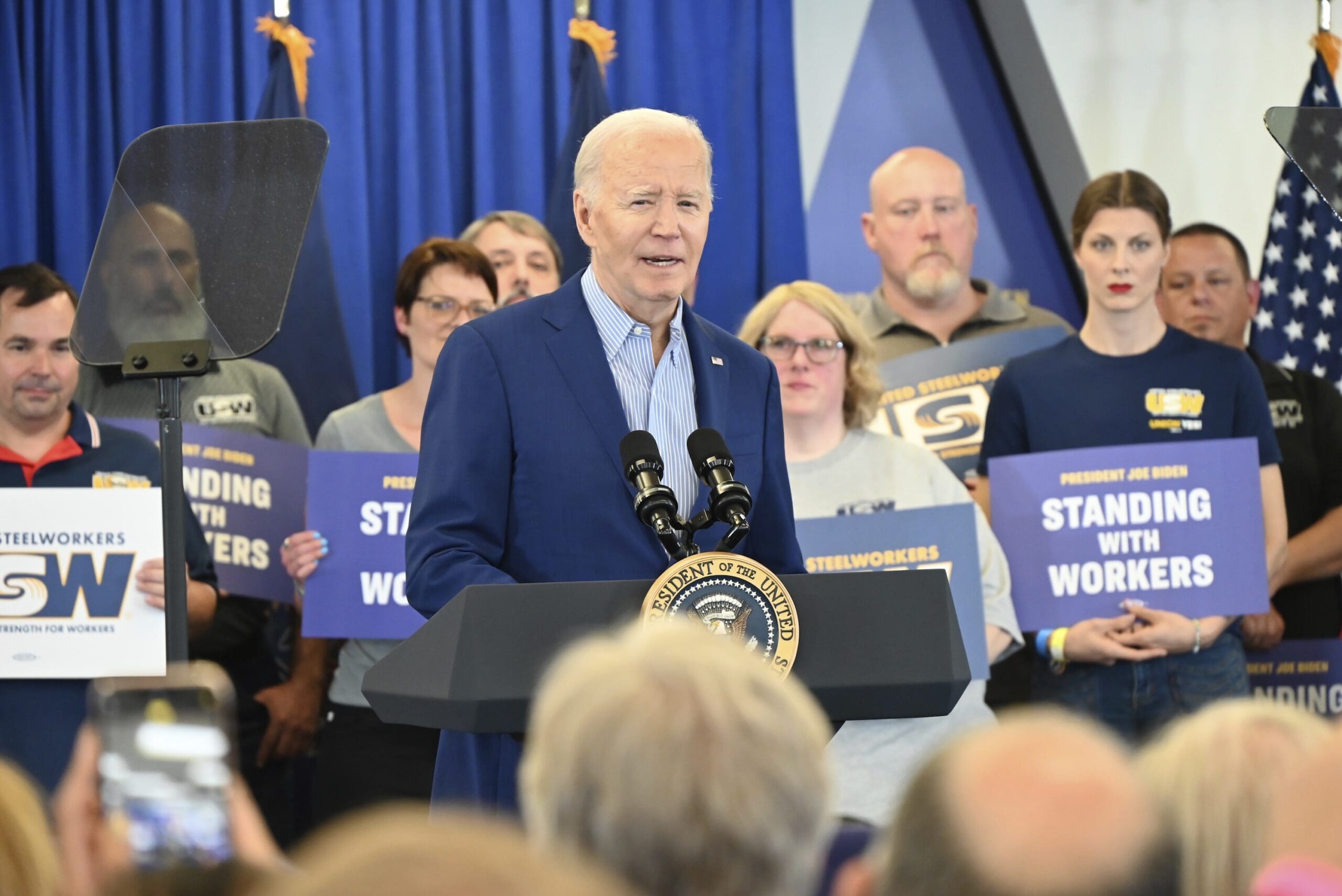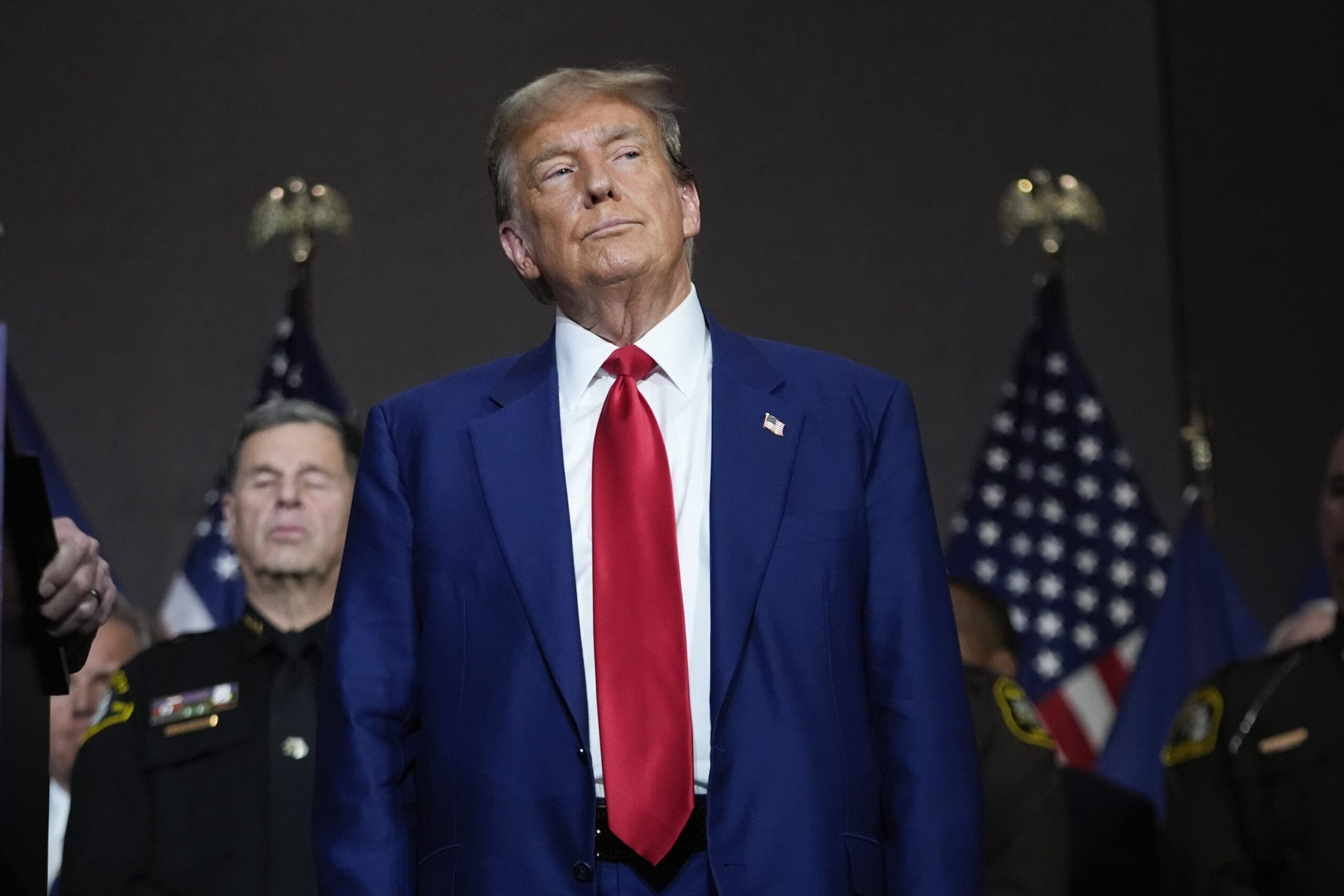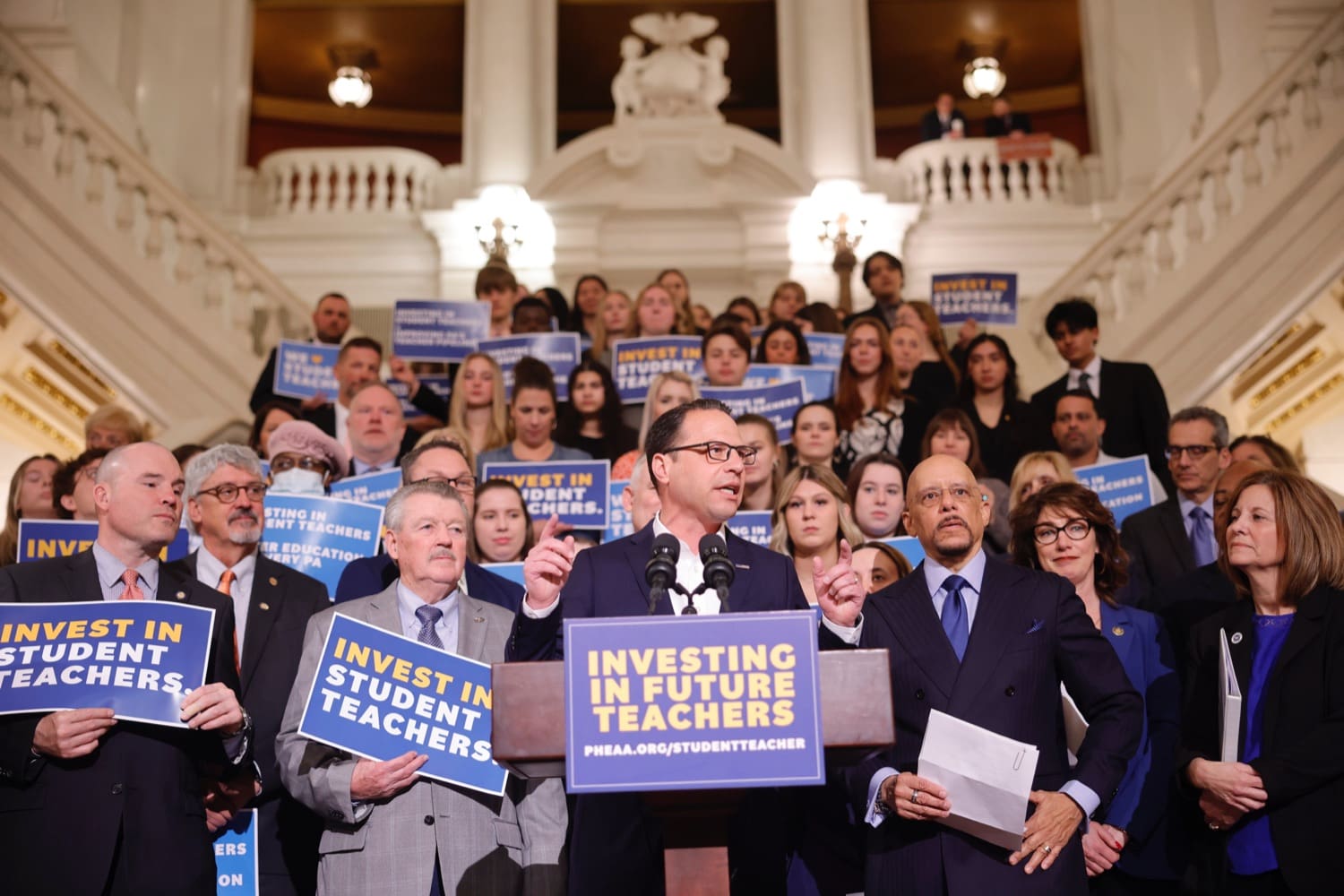Biden administration bans excessive credit card fees
The new federal rule reflects President Joe Biden’s effort to crack down on ‘junk fees’ that pad company profits at the expense of working families.

President Joe Biden announced on March 5 that the Consumer Financial Protection Bureau had finalized a federal rule that will prevent credit card companies from charging excessive late fees.
In 2009, former President Barack Obama signed the Credit Card Accountability Responsibility and Disclosure Act, which imposed limits on the types of fees that credit card companies could charge their customers. But a loophole in the law allowed the companies to charge $25 for a late payment and $35 for subsequent late payments. The fees were increased to keep pace with inflation and are now $30 and $41.
Biden spoke about the new fee in remarks delivered at the White House.
“We estimate banks are generating five times more in late fees than it costs to collect late payments. They’re padding their profit margins and charging hardworking Americans more than — a cumulative effort — a number — $14 billion in 2022,” Biden said. “With the announcement of this new rule, late fees are now going to be down to $8 — $8 instead of the current average of $32 late-fee payments.”
Instead of increasing with inflation, the bureau said it will adjust the fee as necessary based on market conditions.The bureau has estimated that the lowered fee will result in an average of $220 in savings per year for an estimated 45 million people currently being charged late fees.
The Public Interest Research Group, a nonprofit group that describes itself as an advocate on issues of public health and safety, praised the administration’s action.
“There’s a new sheriff in town changing the rules to even the playing field for cash-strapped consumers. The CFPB has closed the door on unfair late fees and says that they must be based on costs,” Ed Mierzwinski, a senior director of PIRG’s Federal Consumer Program, said in a statement.
Republicans criticized the decision even though it lowers costs for consumers.
“The CFPB should get back to protecting consumers instead of blindly taking marching orders from the President’s political team,” House Financial Services Committee Chair Patrick Henry said in a release. The bureau released a report on credit card late fees in May 2022 that said late fees disproportionately affected low-income households and households with subprime credit scores.
According to the report, the average late fee in Pennsylvania was $20 in 2019.
The Biden administration has taken other actions to limit fees that companies charge consumers, which Biden has called “junk fees.”
The administration has proposed federal rules that would reduce bank overdraft fees, hotel resort fees, and airline baggage fees and would impose a ban on early termination fees charged by cable and satellite companies.The White House Council of Economic Advisers released a report on March 5 that estimated the administration’s actions will save consumers $19.5 billion per year.




